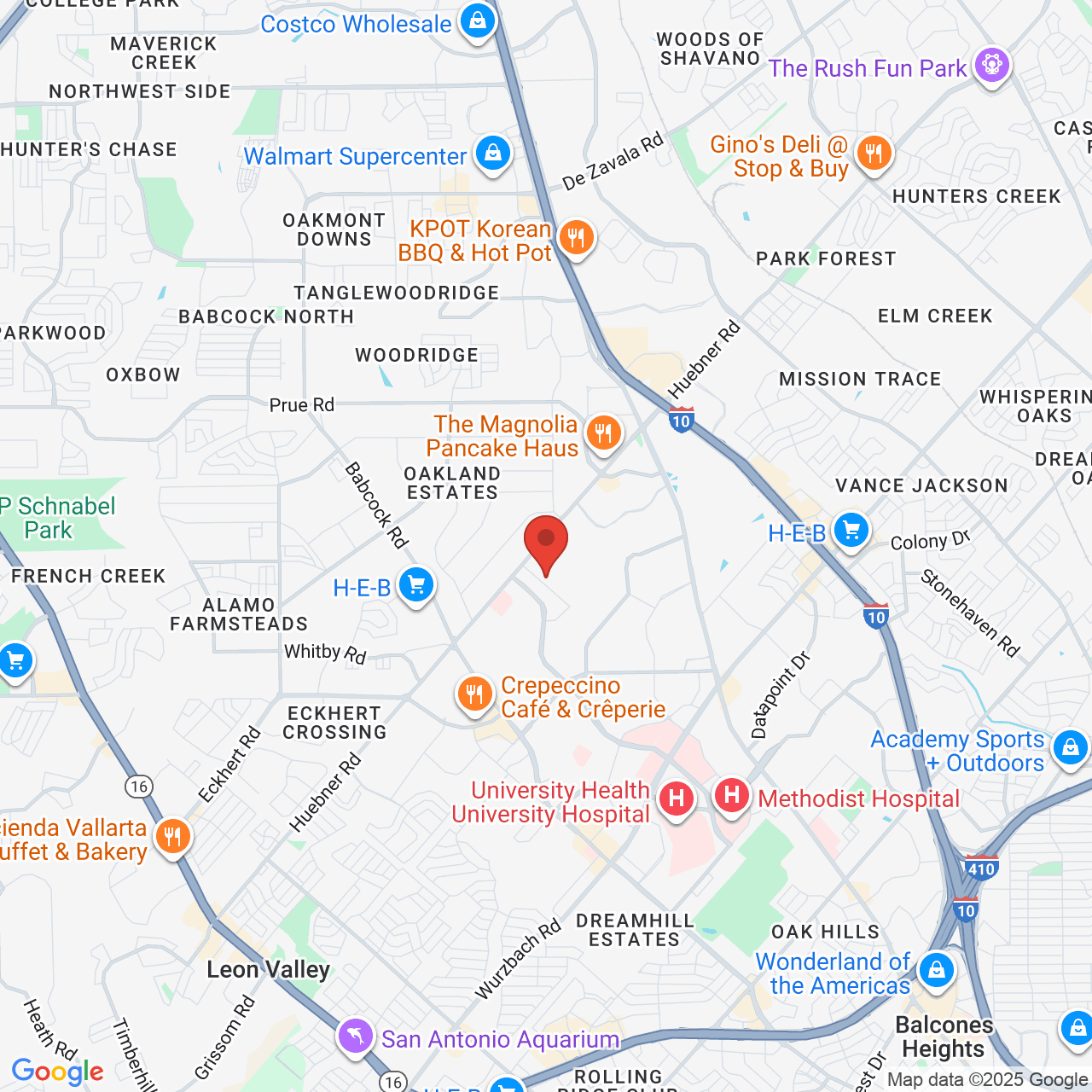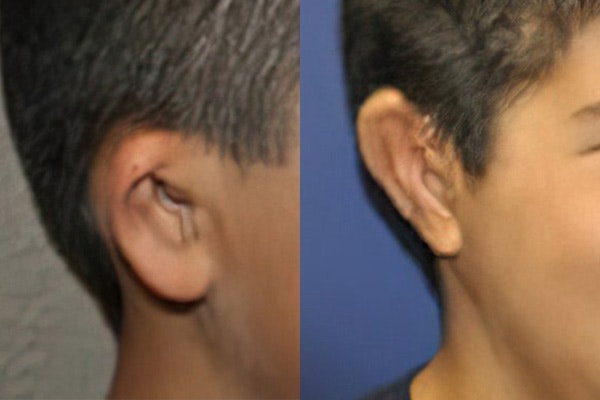DEALING WITH MICROTIA Parent's Guide to a Child With Microtia
Why me? Why my child? Why did the doctor not tell us anything was wrong on the ultrasound? Was it something I did wrong? Should I have taken better care of myself? Is my child deaf? I shouldn’t have been drinking during that time! I shouldn’t have smoked during my pregnancy!
All these questions have been raised by hundreds of our patient’s parents. It is only human to blame oneself or at times others during the initial shock of seeing your brand new baby born without an ear.
We feel strongly that the first consultation with the parents of a child born with microtia should be soon after the birth, not later during the time of the reconstructive surgeries. The first encounter with parents should consist of understanding their emotional pain and giving them time to work through their emotions. Parents are looking for any comfort they can get as well as looking for answers to many of their questions. It is very important to bring up a few issues during the very first encounter:
Who are the specialists involved in my child's care?
It is crucial that the parents of a child have a full understanding of the evaluation process. Parents are initially overwhelmed and may not fully understand what will happen and who will see their child with microtia the first few years.
A list of specialists is provided below as a guide to the parents of these children with microtia. Always ask questions. Remember, that is what we are there for!

Ob/Gyn
The ear deformity is usually first noticed by the Ob/Gyn during the delivery. Sometimes the ear abnormality is not so obvious and may be found by a nurse or physician after the delivery. Remember that the Ob/Gyn has responsibilities to make sure that the mother is taken care of during the delivery. The Ob/Gyn is not involved in the care of the child after delivery.

Neonatologist / Newborn Nursery
Most of the time, the newborn with microtia will go straight to the newborn nursery. This is where the pediatrician usually sees them for the first time. If there are other concerns, the newborn may be admitted to the neonatal intensive care unit where the neonatologist does the evaluations.

Geneticist
Sometimes a specialist called a Clinical Geneticist is consulted. This kind of doctor is usually a pediatrician with special training in clinical genetics and hereditary diseases. This doctor will do a full family history and help you figure out incidences and chances of having another child with microtia, etc…

Pediatrician / Family Doctor
This is probably the most important doctor that will oversee the care of your child. In other words, all of the specialists should send their evaluations to your child’s pediatrician or Family doctor so that he/she is aware of all of the recommendations.

Microtia Surgeon
Although some feel that this doctor does not need to get involved until the time of reconstruction, I strongly feel that this specialist should be involved from the very beginning. There are so many insecurities and questions that the parents have about their child’s reconstruction, that early interaction is very important. This also gives the parents plenty of time to seek different opinions and feel comfortable with their child’s future surgeon.

Otolaryngologist (Ear, Nose & Throat or ENT)
There are different kinds of Otolaryngologists that your child may be referred to: 1) General ENT specialist 2) Pediatric ENT specialist 3) Neuro-otologist. All of these doctors had similar training although they chose to branch off into different subspecialty areas. These ENT doctors will be the ones evaluating the hearing and reporting back to your child’s pediatrician or family doctor. The doctors who will evaluate your child for further hearing surgery, such as BAHA (bone-anchored hearing aid) surgery or atresia surgery (opening the ear canal) will be the Neuro-otologists or the Pediatric ENT specialists.

Audiologist
These hearing specialists are usually part of an ENT doctors office, although some are totally independent. They perform hearing tests and also are closely involved with hearing aids, etc…
Microtia & Atresia: Who Are All The Specialists???
Do I have options if my child with microtia has an unsatisfactory surgical result?
We see children from all over the world that present to our center for the first time to consult about a very unsatisfactory result. Most of them have had multiple surgeries and realize that it is time to stop and ask for another opinion. Unfortunately, most of these children have too much scarring to dramatically help them with a revision surgery. Instead of putting these children through any more surgeries, we have educated these families about the use of a prosthetic ear. Our feeling has been that the prosthetic ear is left as a last resort.
If a child presents to our office for the first time and we notice that he/she is embarrassed to show the ear that has been operated elsewhere, it is extremely important to show them that there are still options. If they could have something that could replace the reconstructed ear with something that could look very closely like the normal ear, most of them would choose this option. It is so important to spend all the time necessary with the child and his/her parent to educated them about the positives and negatives of ALL surgical options. Only then will the parents feel like they have done their due diligence before exposing their child with microtia to another surgery. Dr. Bonilla stresses the importance of communication. All of Dr. Bonilla’s patients have access to him on his cell phone after hours. For more information about microtia, visit our "Microtia Overview" page.








